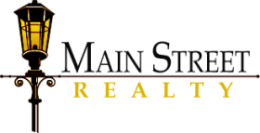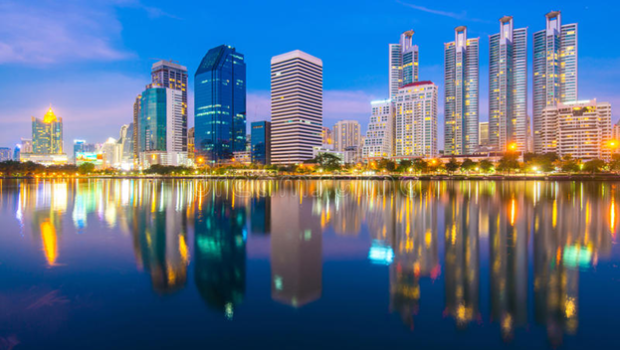If you are a business owner or a manager, you know the importance of having a warehouse or a factory. If you are in Thailand, you know very well how significant it is to find the most strategic location for your business. Choosing a place to set up your business’ warehouse or factory is crucial. To help you with choosing the best location for your warehouse, read this article up to the very end. It contains essential information that can help you find the ideal warehouse location for your business in Thailand.
· Know Thailand’s city plan and color zoning for
The Thailand Department of Public Works and Town and Country Planning established a city plan consisting of infrastructure and development policies. It consists of many aspects, such as:
- Civil Engineer Roadmaps
- Geographical map
- Civil policies
- City development projects
These things serve as the regulations governing Bangkok and Thailand as a whole. It supports the future infrastructure development in the country, including public utility pathways, industrial areas, environmental impacts on the city, and public transportation. Thailand City plan and color zoning are color coded to represent various land properties and capabilities. By looking at the zoning colors, businesses will be able to easily understand how business zoning works, which will eventually help them, operate their business effectively.
· Know the different categories
There are different color-coding categories for zoning in Thailand. For an industrial zone, it is represented by the color purple. For the warehouse zone, the color is lilac. There are other colors for Thailand’s zoning colors are 13. However, what’s important is that you remember the zone color for the warehouse, which is lilac. If you come across purple segments, it only indicates that the particular section is for warehouse and industrial zones.
· Rental agreements
You need to carefully check the rental contract and terms, and see to it that they match Thailand’s zoning laws. It would be best if you were to consult the experts to assist you in finding the best property.
· Check for other underlying expenses
The property owner must check the property first for much needed repairs before the turnover of the warehouse to the renter. More so, some landlords would charge other related expenses on top of the rent, such as parking fees, common charges, utility charges, and insurance premiums. Before you sign the rental contract, you need to make sure you anticipate these things to set the right expectations.
On top of that, you also need to pay for related taxes such as property taxes and value-added taxes. Again, all of these things will depend on the contract. That is why, before you sign the contract, make sure you read and understand everything that is stated in the contract. If you are having a hard time understanding the contract, the best thing to do is to have a lawyer by your side to explain everything that needs to be understood.




